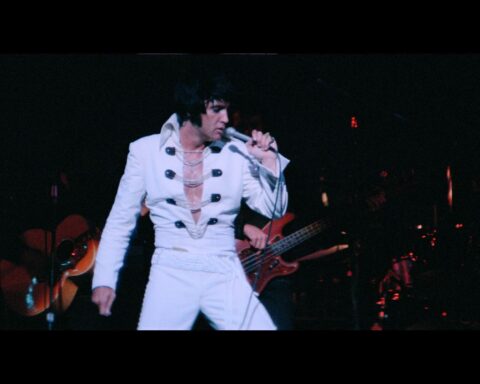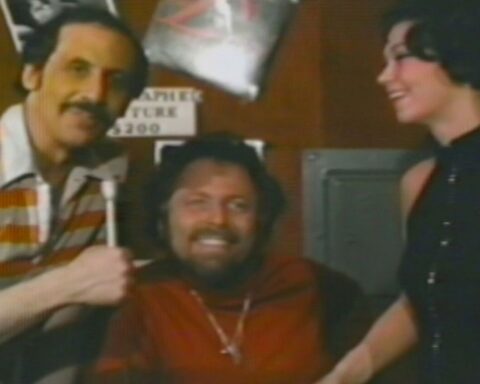Letter to the Editor
(USA, 88 min.)
Dir. Alan Berliner
Programme: TIFF Docs (World Premiere)
Alan Berliner dubs himself a “cultural anthropologist,” a fitting term for a filmmaker fascinated by the way media reflects on who we are while helping to shape society’s values and interests. For Berliner, there’s a prime focus for his interest in the media, the New York Times. Like many New Yorkers and aficionados elsewhere, he subscribes to the Times, reading it daily. But his interest is far greater than that of even the most attuned Times reader. For the past forty years, Berliner has been cutting out the pictures from the Times every day. He’s created a huge archive of photos, from the famous to the obscure, categorized precisely in folders, from clocks to apartments to cell phones to telephones to tables to couches, which can, of course, be contained in one picture.
Letter to the Editor is Berliner’s most outward looking film. Though it’s based on his obsession with the Times, it’s a subject that many can embrace. Berliner’s earlier films invite you into the director’s family: there have been films about his father (Nobody’s Business), grandfather (Intimate Stranger), the poet Edwin Honig, who was his First Cousin, Once Removed, as well as the Berliner’s chronic insomnia (Wide Awake) and even his own name (The Sweetest Sound). With this one, he embraces the outer world through the Times. Following their dictum, “all the news that’s fit to print,” Berliner takes us through events like 9/11 and, at least briefly, the Vietnam War, the fall of the Berlin Wall and other major signposts of the latter part of the 20th century and the first two decades of the current one.
Perhaps most remarkably, the film consists solely of photographs from the Times. We see Berliner in Hitchcockian moments, as a slowly maturing figure in the newspaper’s photos while his voice-over serves as the narrative counterpoint to the vast sea of visual imagery (apparently over 1740 images appear on the screen in the film.) A former collagist, Berliner uses rapid fire editing techniques matched with music to move from one subject to another. Letter to the Editor reminds of what we’ve seen and the kind of images that compel us.
While much of the film recounts Berliner’s techniques, whether it is in editing or the use of sound, his major subject here is the decline in print media. What will we lose when print, paper and ink disappear from the mainstream world? Can digital imagery and text replace what the old newspapers gave us? Berliner offers no answer to the questions but does give us a poetic account of what print has meant to us over the past century and more.











